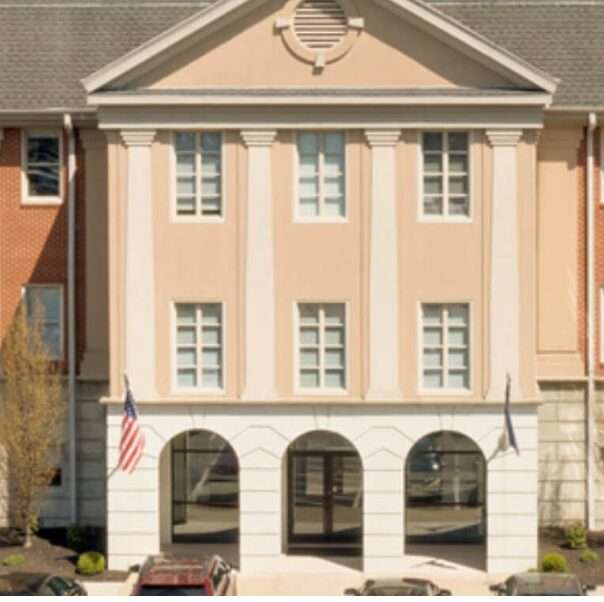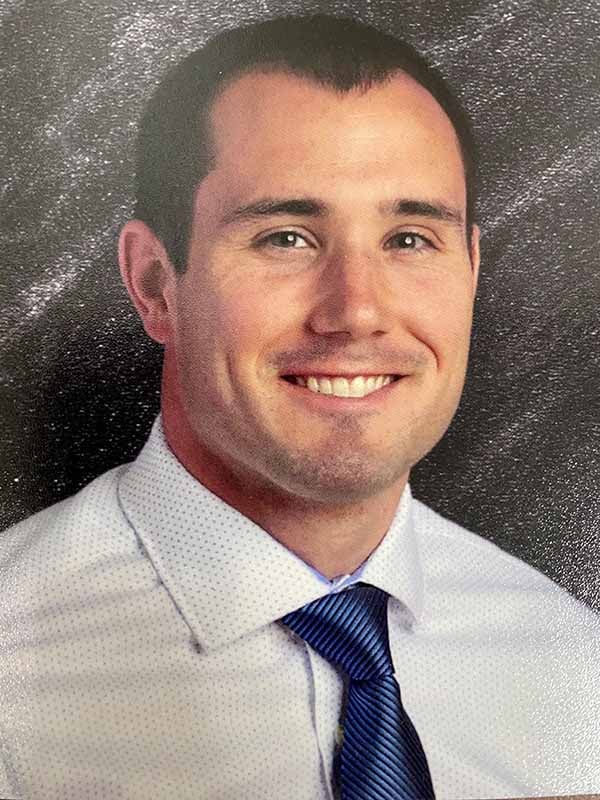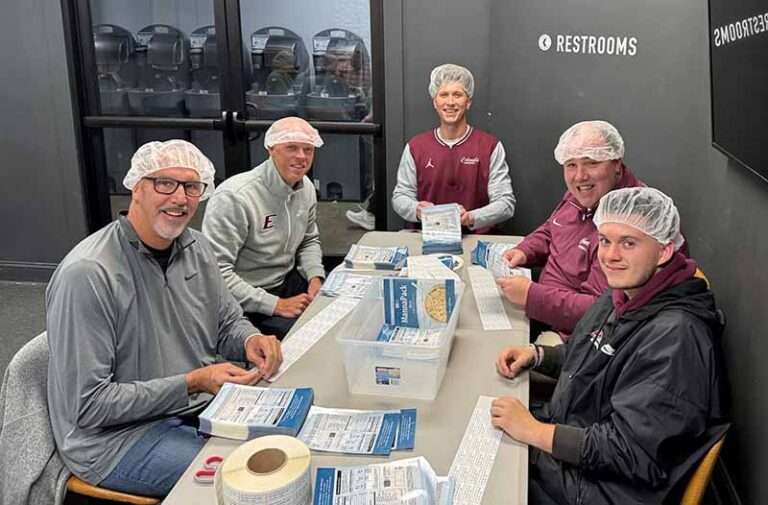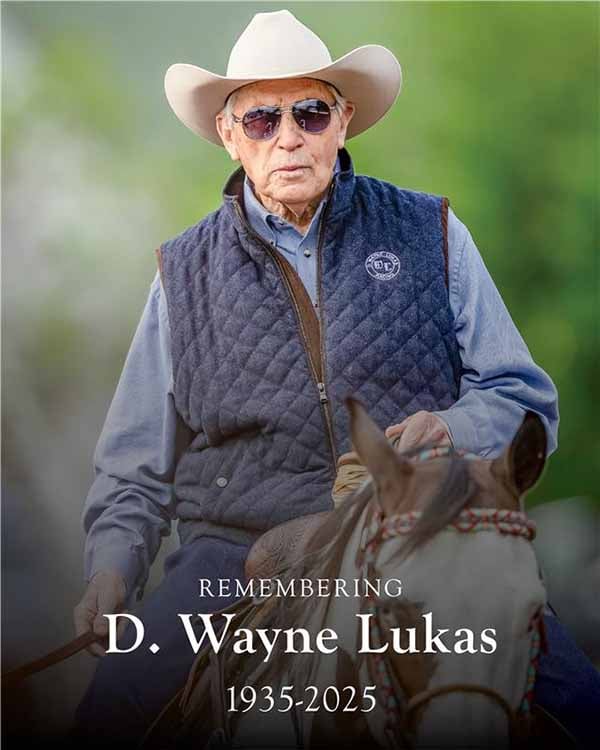Every presidential election is different, and comparisons are chancy in a changing nation, but I find myself thinking about the first presidential election I covered closely.
When then-Gov. Bill Clinton of Arkansas picked then-Sen. Al Gore of Tennessee, it wasn’t ticket-balancing. They were from adjoining states (Arkansas and Tennessee) and were at pretty much the same place on the ideological spectrum. But it was ticket-strengthening, because many persuadable voters and weak Clinton supporters had doubts about his character. Gore was seen as a straighter version of Clinton; at the time I called him “Bill Clinton’s better brother.”
This year, Vice president Kamala Harris has strengthened her case by selecting Minnesota Gov. Tim Walz. To many white voters without a college degree, who were the key to Donald Trump’s victory in 2016, she is an exotic candidate (San Francisco, female, Black, Asian). These voters can relate to Walz, and he can relate to them. He is reassuring in much the same way as Gore was, perhaps even more so: grew up on a farm, served in the National Guard for 24 years, taught high school and was a championship football coach.

There is also a 32-year echo in the big crowds that Harris and Walz are drawing this week. The week of the 1992 Democratic National Convention was unusually pivotal, because the last day coincided with the withdrawal of independent candidate H. Ross Perot, a strong contender. He got back in the race in October, but his pullout at the apex of the Democratic convention turbocharged the Clinton-Gore campaign, which then turned on the afterburners with a bus trip from New York to St. Louis. The excitement along that route was palpable, and it was amplified by heavy news coverage.
Much the same has happened this year, starting with President Biden’s withdrawal. In a hugely compressed period of time, one of the major players has left the stage, and his replacement has stirred interest, hope and excitement among voters. That’s obvious from the people who are walking miles to see Harris and Walz.
The Trump campaign has called their ticket the most liberal ever (ignoring Roosevelt-Wallace in 1940 and Mondale-Ferraro in 1984), and it is more liberal than the country. But so was Barack Obama, and he was elected – partly because “hope” was a real thing, partly driven by college-educated white guilt about race, and he had Biden as a reassuring running mate.
This time, there are plenty of Republicans who are tired of Trump, and the events of the last three weeks have made him seem more like an incumbent than Harris. And the Democratic convention is yet to come.
In 1992, George H.W. Bush was an unpopular incumbent partly because he seemed out of touch with average Americans. Harris’s background runs that risk, but she has mitigated it by selecting Walz, who has been a liberal governor but was a more moderate congressman, reflecting his district. The winners of this race will be those who most reflect the country.

















